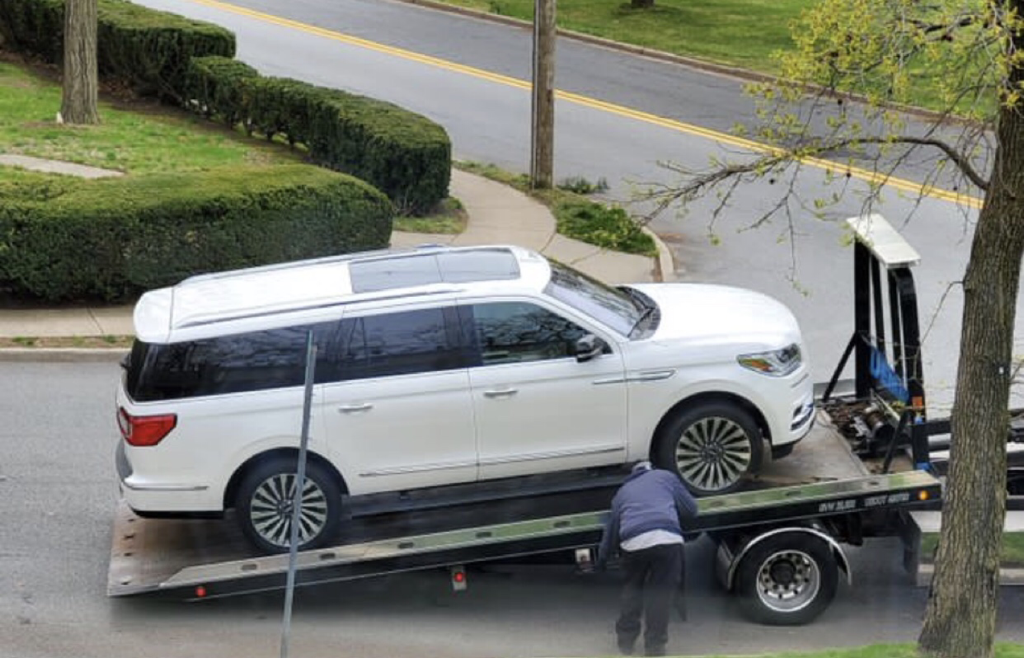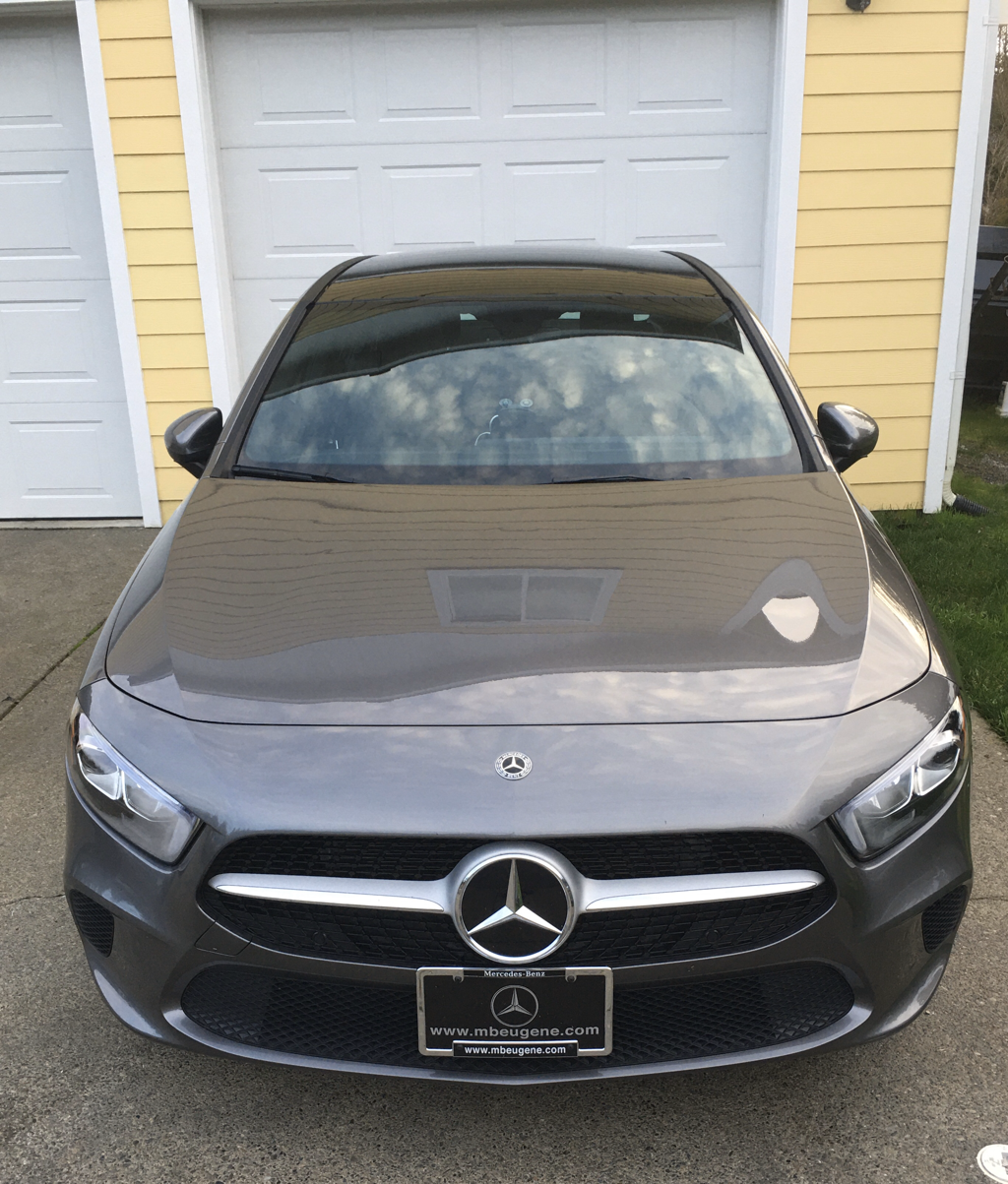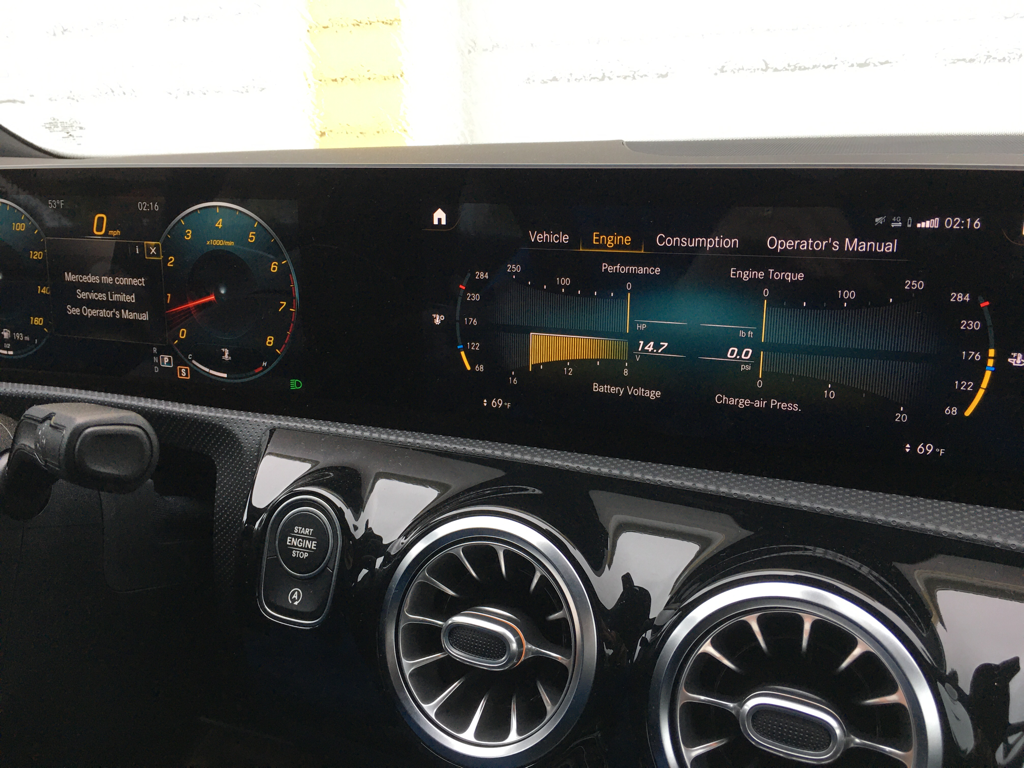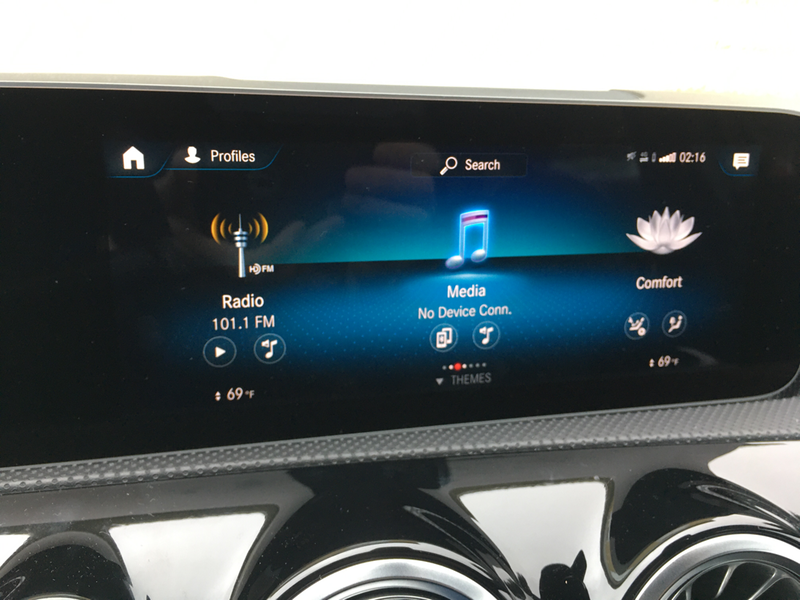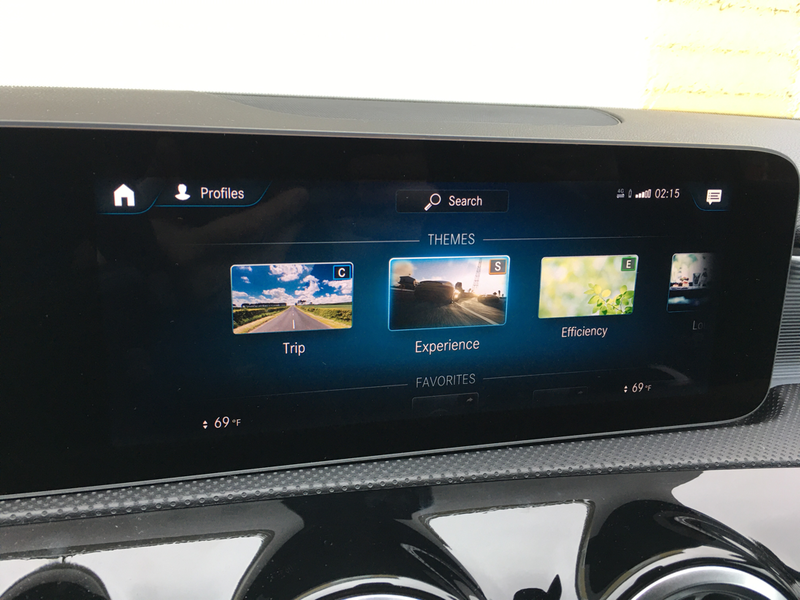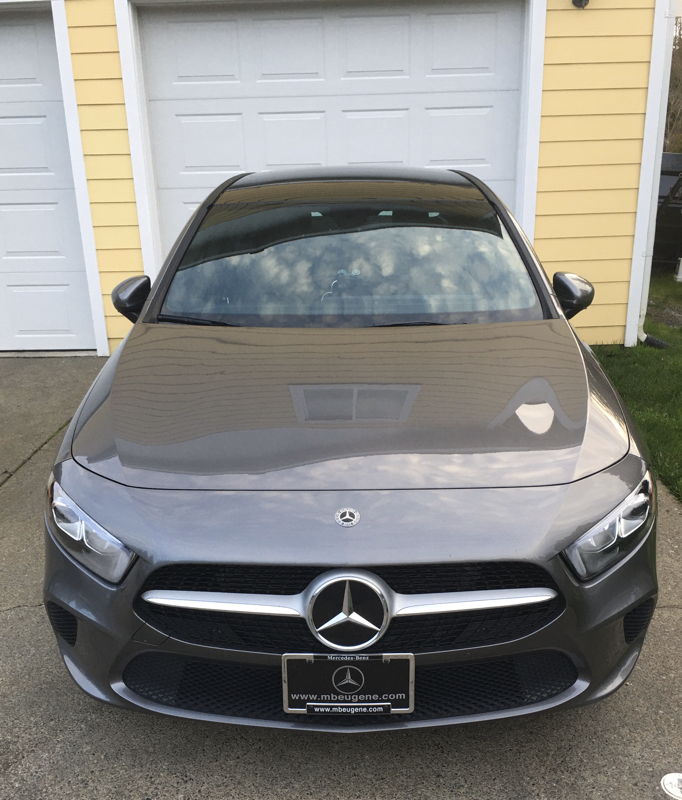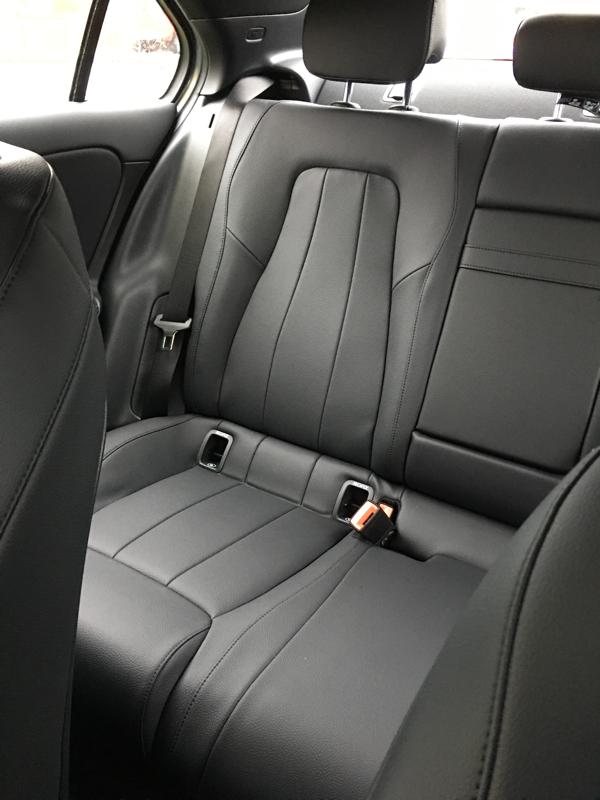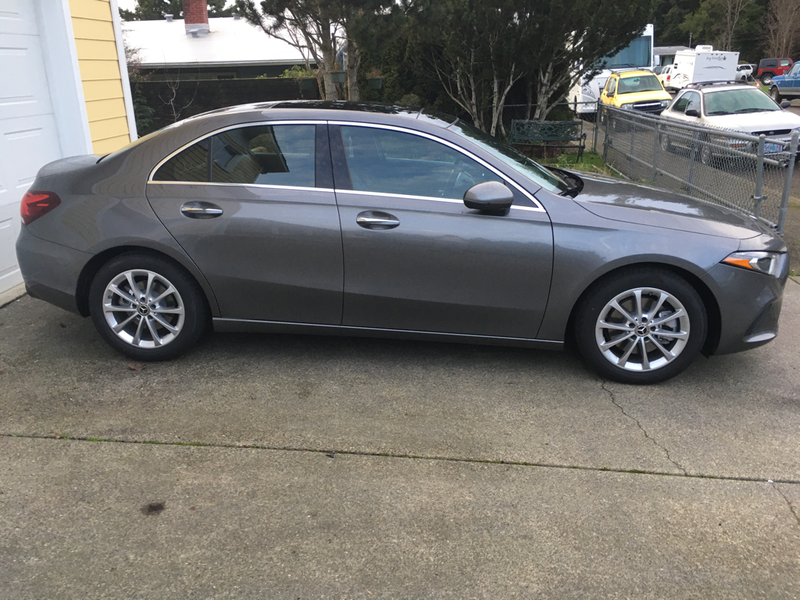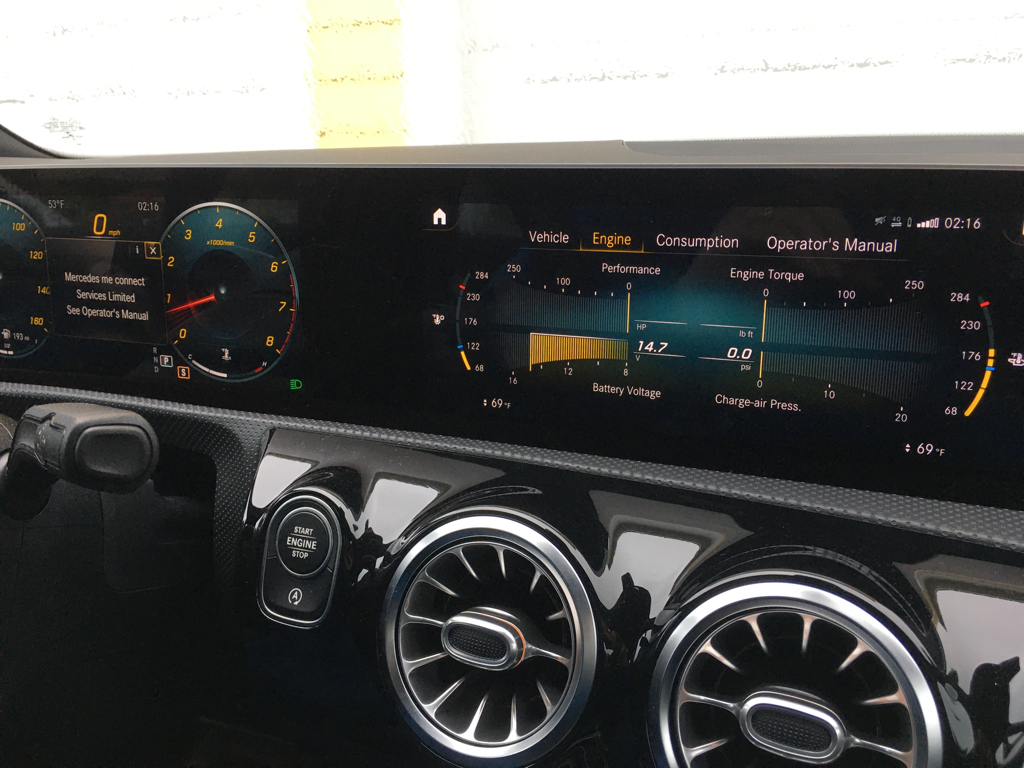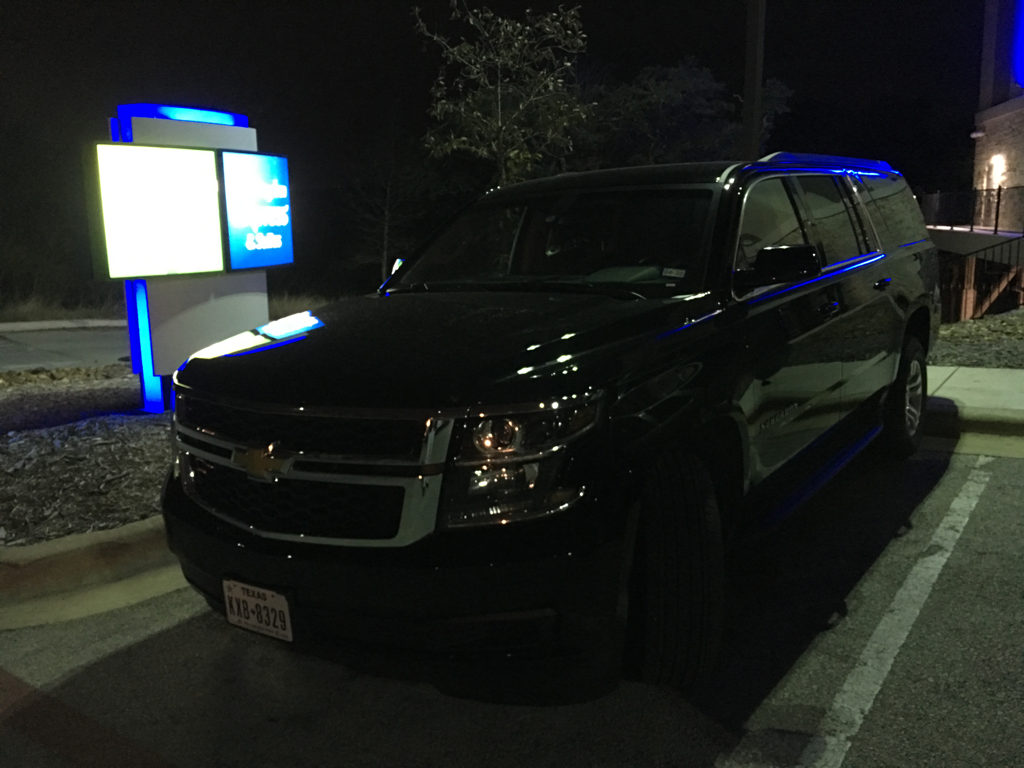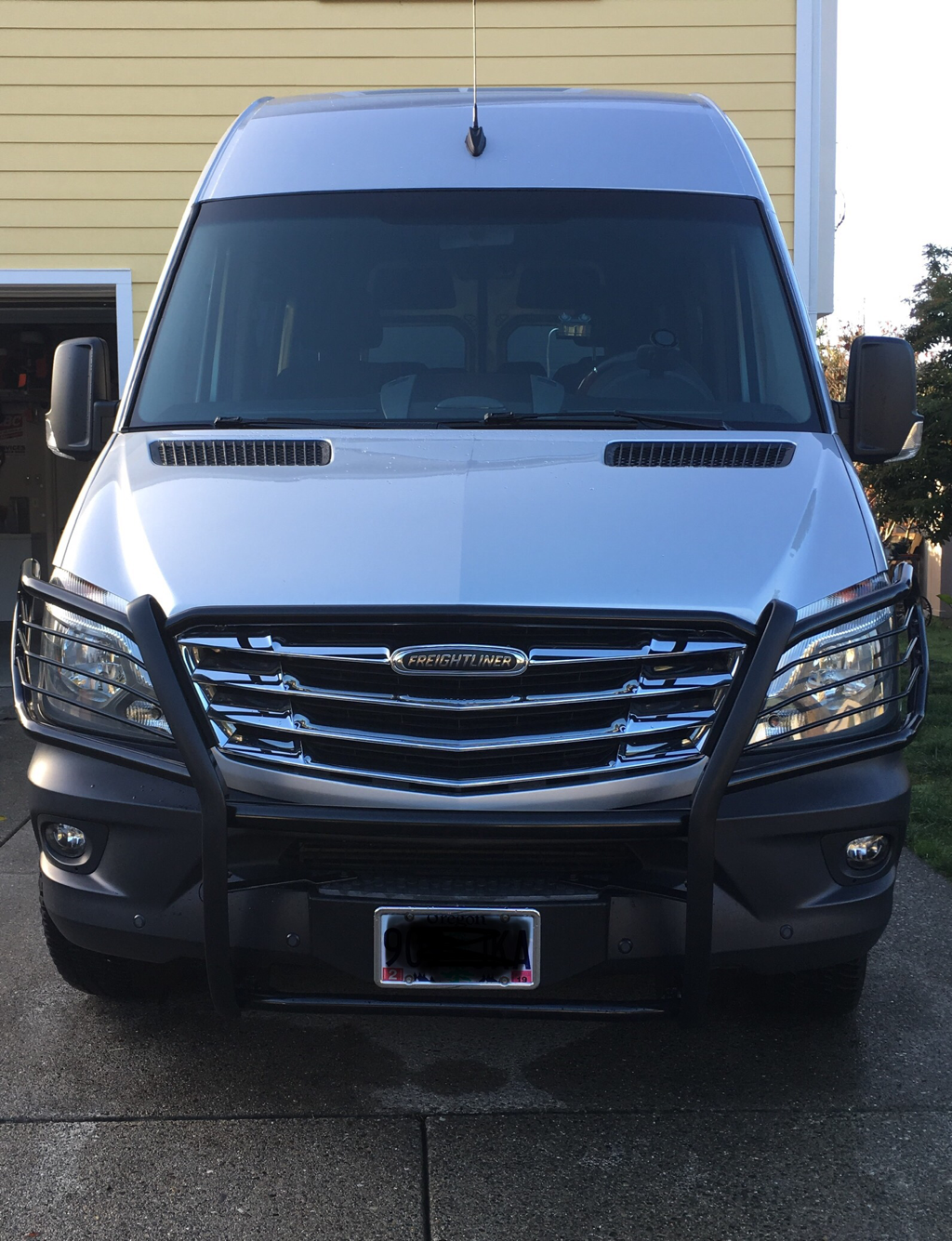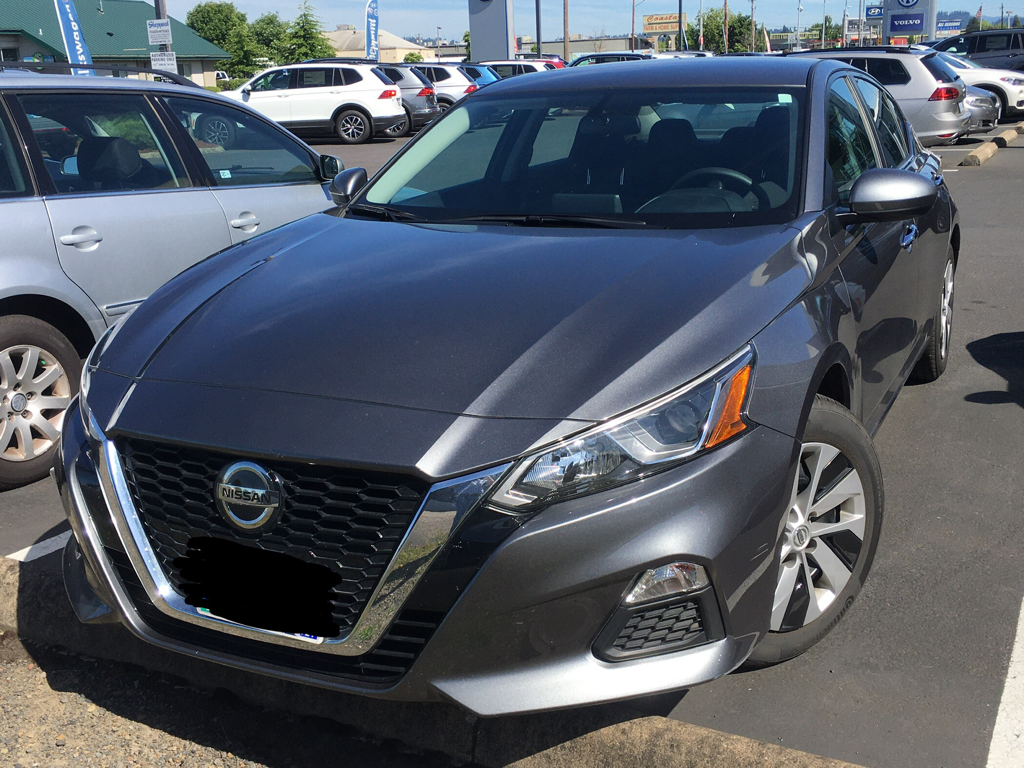The Chevy Cruze turbo diesel is a nice little car, with lots of great features. This is a car that GM should be proud of building and about the only one that they currently produce that I have ever considered purchasing or leasing. I say this because this is unlike the other cars that they produce. This car is a niche product that meets a need that is currently not offered by most other makes, particularly affordable manufacturers. That need being diesel powered efficiency with upgraded class and performance that hybrids fall short trying to accomplish. The result is that Chevy is selling these diesels like hotcakes.
The diesel Cruze has a more hushed ride than other Chevy Cruze's, thanks to extra soundproofing. The cabin is nicely done, with upper trim package trimmings and a diesel engine that makes a nice sound. The ride inside feels more expensive then it shows to the outside world.
VW has made a change for the better in the past decade. The company that was once a hippie favorite in our parent's generation has grown up and developed a decidedly upper class all its own. The VW family now includes the prestige of Audi, Bugatti, Lamborghini, Porsche and Rolls Royce (among others) in the corporate family. VW cars have benefitted from this classy relationship in respect to safety, efficiency, luxury and reliability.
No company in the US offers more or sells more diesel cars than Volkswagen. The Jetta is the gold standard that influences other manufacturers. So what are the pros and cons of the two makes?
Both cars are pretty close in specs all the way around. The EPA rates the Cruze with slighty higher highway MPG's and the Jetta with higher City and overall MPG's. The Cruze has the torque and horsepower advantage in the specs, but, again you wouldn't notice the difference driving the two cars back to back. The Jetta on the other hand has the clear advantage in hauling people and cargo room. The Cruze has less back seat room for passengers and less trunk space when compared to the Jetta.
What difference does the room make? As I mentioned earlier I was able to compare the two cars for a day with back to back driving. The cars needed to move three adults, a child in a rear facing car seat, a standard cooler, a medium stroller, and three soft, carry-on sized suitcases, along with a couple of purses, three large handbags of baby supplies and a satchel for an Ipad.
First up was the Chevy Cruze. In the trunk, after about twenty minutes I was barely able to squeeze in the stroller, the cooler and one of the three suitcases. In the front seat I placed the two remaining suitcases and in the back seat I crammed in the rear facing car seat behind my seat. This definitely cramped my front seat room. With the kid in the car seat and the 3 large handbags in the back there was barely enough room for the second adult. There was absolutely no room for the third adult in the car, since the front seat was holding two suitcases and the remaining bags.
Up next was the Jetta Sedan. In the trunk I was able to place the stroller, the cooler and three suitcases. The rear facing car seat fit snugly behind the drivers seat, without the need to even move my driver's seat position. Kudos to VW engineers! The Jetta was able to seat all of the cargo and move all of the people in comfort.
A side note, If one still needs more cargo room from their diesel car there is always the (more expensive) Jetta Sportswagen. The Sportswagen offers more cargo room in back and on the roof, but with slightly less people room than the Jetta sedan.
Another advantage of the Jetta over the Cruze is that the Cruze is heavier and is thus required by EPA to use DEF (or urea) for emission reasons. With the Cruze, as with most diesels this means another tank that needs to be kept full or risk riding in limp home mode. The urea tank also robs the Cruze of additional trunk space. The VW Jetta, Beetle and Golf burn clean enough and are light enough to not need any such additive (2009 to 2014 models at least).
On start up you will notice a diesel smell from the Cruze. The Jetta exhaust on the other hand, especially under hard acceleration emits a bleach like odor, giving new meaning to "clean diesel".
Pricewise, the VW has a bit of an advantage over the Chevy. The Jetta is also currently offered with a much more competitive lease.
The Jetta is available in a manual or automatic transmission. The Cruze is currently only available with an automatic transmission.
The Cruze has the advantage of a longer powertrain warranty, 5 years or 100,00 miles.
VW offers a longer, (12 year, unlimited mileage) warranty against corrosion
The VW Jetta TDI has been a favorite of mine since 2009 and is a USAFC smart car pick again, for 2014. Now, in 2014 since the sedan has received a rear suspension improvement I now have even more appreciation for the Jetta sedan than before.
The Jetta Turbo Diesel , with the Automatic/DSG transmission offers lots of torque off the line. In fact, it is difficult at times not to spin the front tires. The Cruze in comparison felt as though it suffered from a delay or lag before power was sent to the wheels, from a dead stop.
Lastly the two makes are again similar in that Chevy offers OnStar and VW offers their version called Car-Net, that works much the same way, at a push of a button or airbag activation.
To sum this all up I would say that the Cruze is best for single people, business people (with little or nothing to move) or people without kids who travel light and mostly on the highway.
If you have a family or have things to bring with you and, or you travel a good mix of highway and city you will be happier with the Jetta.
Either way you can't go wrong, both cars are fun, safe and sensible.
Keep your eyes open for new 2015 models from VW and from Mazda.

 RSS Feed
RSS Feed

